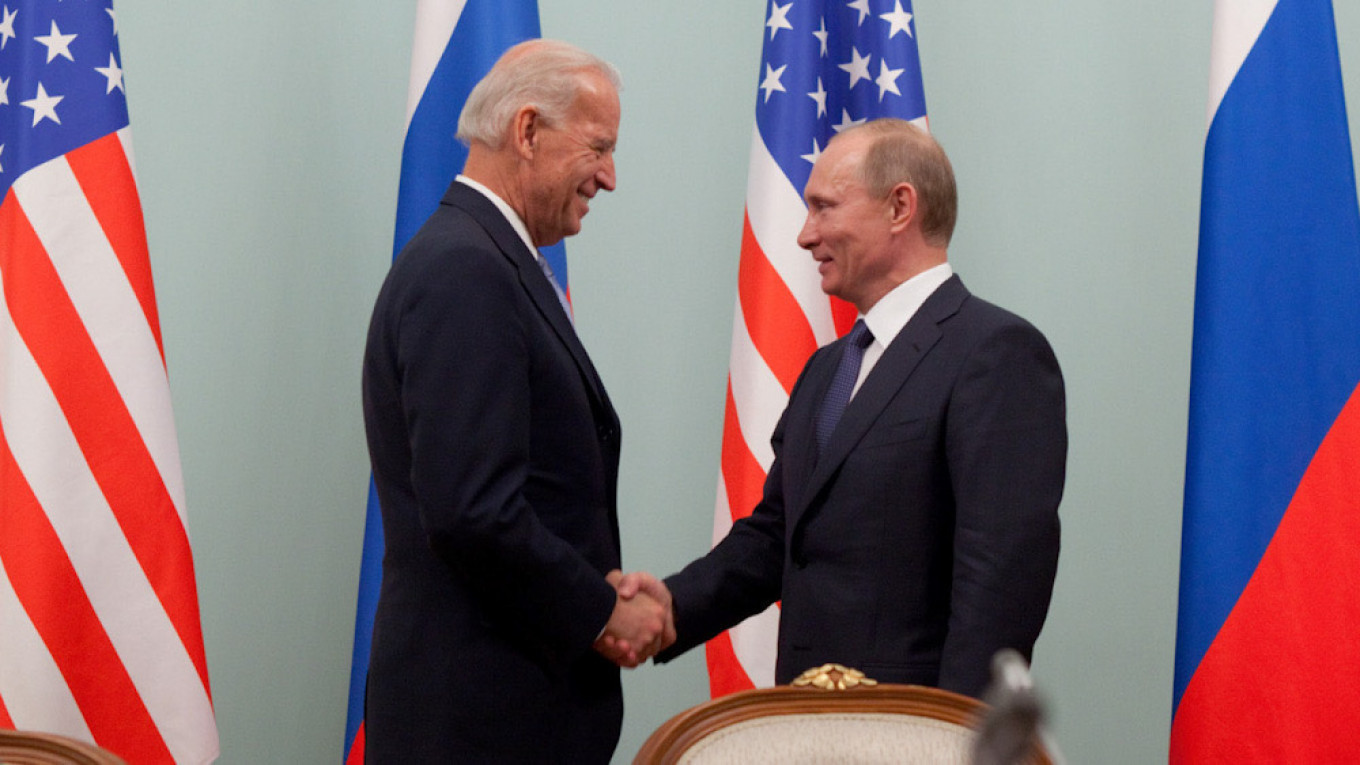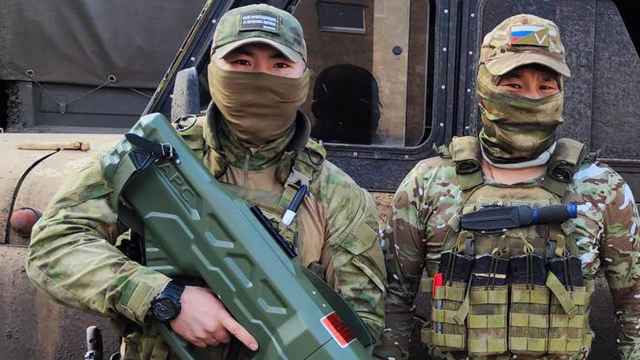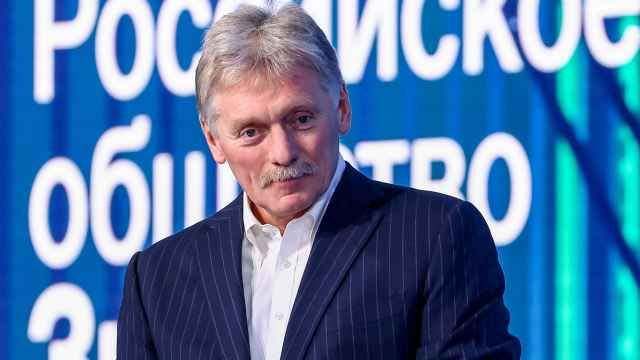Joe Biden and Vladimir Putin have known each other for a long time — decades, in fact. This, however, made it no easier for them to agree to the meeting scheduled for June 16 in Geneva.
The U.S.–Russia relations have seen a steady decline over the past few years, with all but few official contacts being suspended and the sides regularly trading jabs that often go beyond normal diplomatic practice. What makes matters worse is that the two leaders do not seem to display particular affection toward one another.
Given the current state of relations between the two countries, many observers have unsurprisingly questioned the motives behind an early U.S.–Russia summit, doubting that it will bear fruit.
In spite of this, the two presidents, perfectly aware of the political risks, chose not to put the meeting off any longer. The leaders of the world’s preeminent nuclear powers thus made it clear that they see the gravity of the current situation and have no intentions of shirking the responsibility they bear for international security.
The wheels for the summit have been set in motion. While diplomats and senior officials are busy ironing out the details, the sides are working closely on a number of bilateral dossiers as well as on regional issues that require Russian-American interaction. On the whole, the global community has welcomed the resumption of dialogue between the two countries. That said, no one is getting carried away either.
The fabric of the U.S.–Russia relations has worn so thin in recent years that any unexpected “surprises” — potentially lurking behind every corner — could tear it apart completely.
As is usually the case in the run-up to major international events, everyone is putting their two cents in about what the upcoming summit may have in store. There is something for everyone here, from romantic hopes of a breakthrough to gloomy predictions of an epic failure or a new escalation.
Whatever the expectations and the rationale behind them, we should proceed from the fact that the U.S.–Russia relations are defined by what is and what is not possible amid the current context, which in many ways makes the outcome of the meeting more or less predictable.
As officials with a proven track-record — who also have considerable experience in communicating with each other — are in charge of setting the scene for the meeting, we can safely assume that there will be no annoying communication failures or emotional outbursts that could get in the way of a level-headed discussion in Geneva.
So, what can we realistically expect from the Geneva dialogue between the U.S. and the Russian leaders?
First off, the upcoming meeting between the presidents of the United States and Russia is incontestably a huge international event. No matter what people say about the balance of power and influence projections in the 21st century, or the emergence of a multipolar/polycentric world order for that matter, Washington and Moscow continue to play a unique role in international affairs, while shaping the direction of global events to a large extent.
If the summit sees the political dialogue restored, this will open up practical interaction opportunities between the two countries on a number of international security issues that are high on the agenda.
Besides, the upcoming Geneva meeting could send a signal to the U.S. allies, primarily in Europe, which have thus far refrained from engaging in a more active dialogue with Moscow on Euro-Atlantic and global security issues out of fear how Washington would react.
It could also make life easier for countries in other regions that may be willing to foster relations with Washington while enjoying a privileged strategic partnership with Moscow.
As for the specific issues that could be put forward for consideration by the two presidents, we have to be realistic. It is unlikely that we will see any breakthrough agreements, and this is not so much a matter of persisting disagreements on particular, albeit important, issues. The differences between Russia and the United States are rooted in their opposing views on the modern global system and how it should operate, as well as on the driving forces behind a new world order and its agenda.
Agreement on gradually restoring the dialogue on modern security threats can thus be considered a success.
Strategic arms control remains a key topic on the U.S.–Russia agenda. The recent extension of the New START bought the two nations some time and prevented the collapse of the bilateral arms control regime. Together, the countries now have to develop a new arms control model that would better reflect the military-political and military-technical landscape of the 21st century.
There are other equally important dimensions to strategic stability that need to be addressed in Geneva.
Strategic stability implies close cooperation or — at least — coordination of actions taken by the sides in tackling common external challenges. And there are already plenty of these: international terrorism, climate change, the coronavirus pandemic, the danger of manmade disasters, uncontrolled migration, the irresponsible behavior of nonstate actors in global politics, threats in cyberspace, and many more.
Unfortunately, the number of such challenges will only grow. The sides will have a hard time reaching any specific agreements, as they hold wildly different opinions on the nature of these challenges and the ways to counter them. That said, a serious discussion of these problems is long overdue.
Regional problems in which the two countries are directly or indirectly involved should also be classified as strategic issues. Iran, Afghanistan, North Korea, Syria, Yemen, Ukraine… These are all places where the nations need to increase mutual understanding and clarify their interests, motivations and expectations of the other side, as this could provide the spark to a future settlement.
Of course, not everything depends on the United States and Russia here. The crisis situations in these regions involve a multitude of diverse actors, all of whom have their own agendas, capabilities and resources. However, a direct dialogue between Washington and Moscow could jump-start the work towards the eventual signing of various multilateral agreements.
Even a cursory list of the problems facing the U.S.–Russia relations reveals just how overwhelming and difficult the agenda of the upcoming summit is likely to be. The conversation in Geneva will inevitably be extremely specific. At times, it will be tough and not necessarily pleasant for either side.
Both Biden and Putin knew this coming in and agreed to the meeting anyway, hoping it would be a success — and the two sides need it to be a success, for many reasons. Therefore, despite all the difficulties, there is every reason to wait for news from Geneva with hope and reasonable optimism.
A Message from The Moscow Times:
Dear readers,
We are facing unprecedented challenges. Russia's Prosecutor General's Office has designated The Moscow Times as an "undesirable" organization, criminalizing our work and putting our staff at risk of prosecution. This follows our earlier unjust labeling as a "foreign agent."
These actions are direct attempts to silence independent journalism in Russia. The authorities claim our work "discredits the decisions of the Russian leadership." We see things differently: we strive to provide accurate, unbiased reporting on Russia.
We, the journalists of The Moscow Times, refuse to be silenced. But to continue our work, we need your help.
Your support, no matter how small, makes a world of difference. If you can, please support us monthly starting from just $2. It's quick to set up, and every contribution makes a significant impact.
By supporting The Moscow Times, you're defending open, independent journalism in the face of repression. Thank you for standing with us.
Remind me later.








